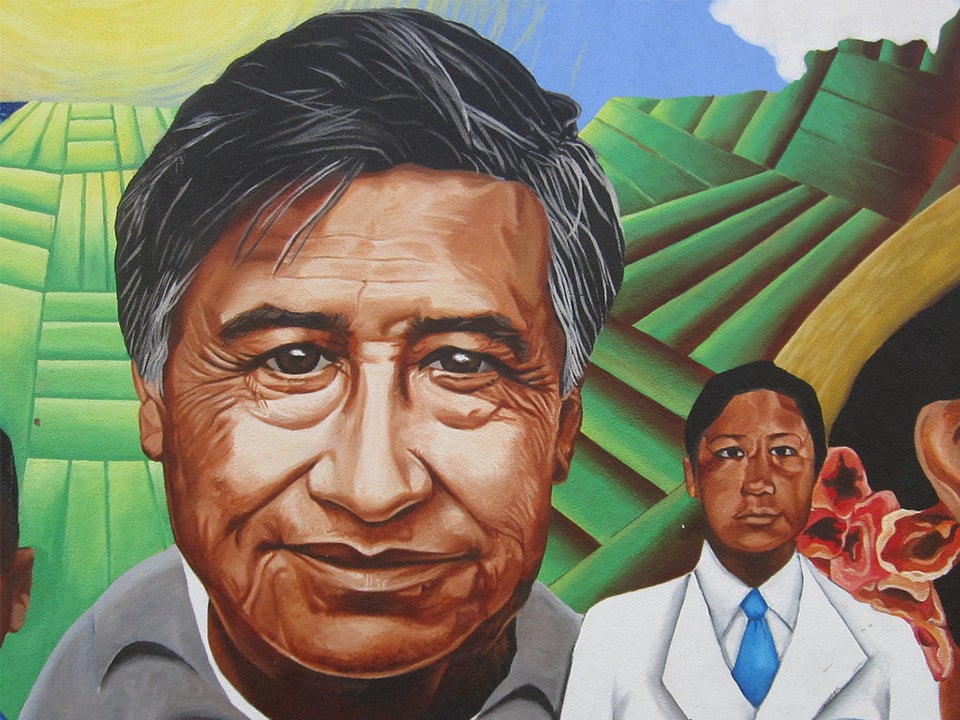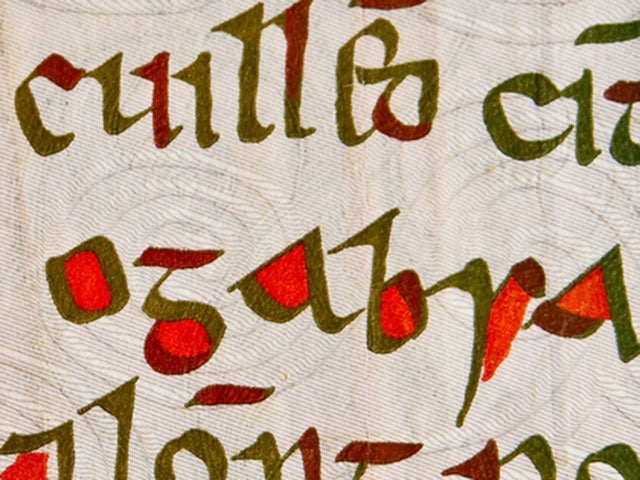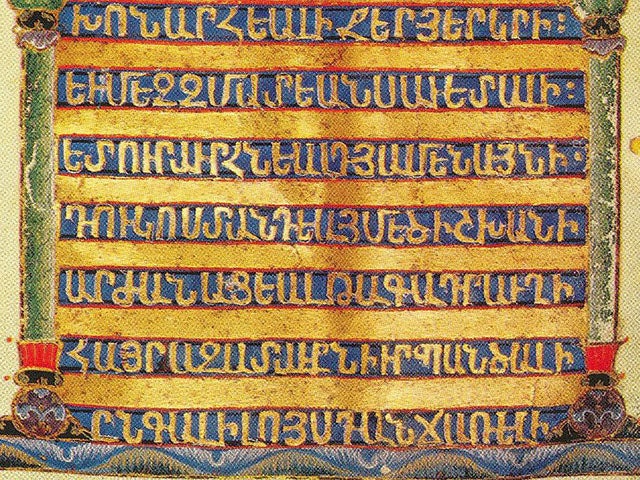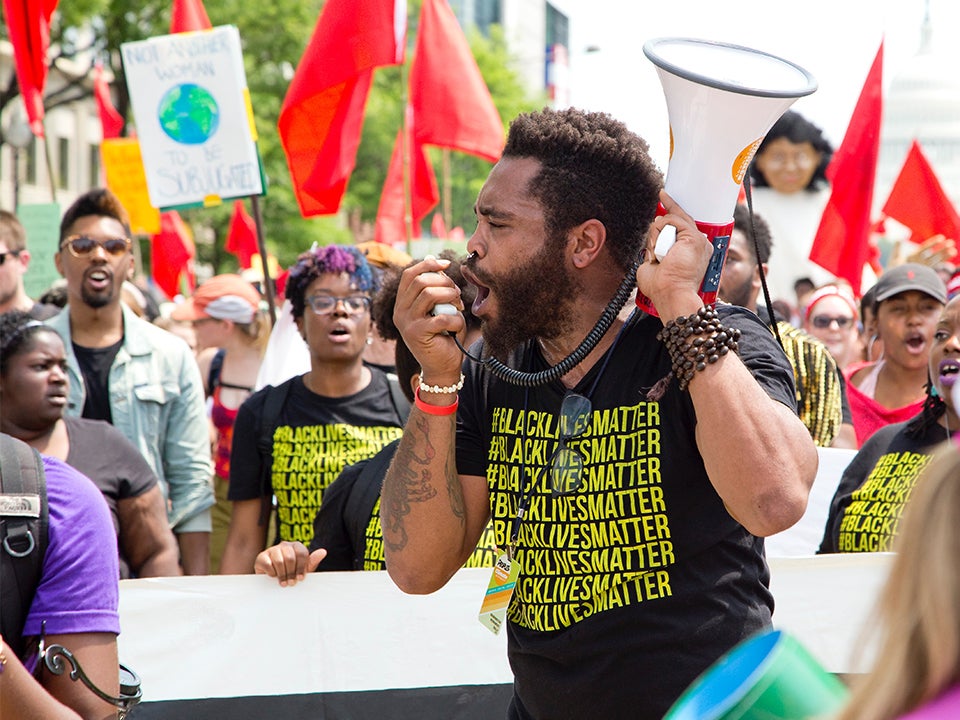2024 Summer Session D
6 weeks, July 1 - August 9
#15951
Examining U.S. Cultures in Place
Berkeley in the (18)60s: Uncovering the Origins of a Public University
Sarah Erina Gold McBride
Jul 01, 2024 - Aug 09, 2024
Tu, We, Th
01:00 pm - 03:29 pm
Physics Building 2
Open Seats
86 Unreserved Seats
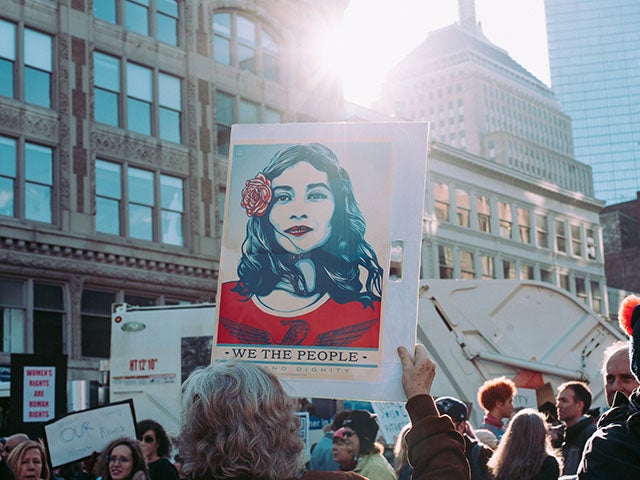
During the twentieth and twenty-first centuries, UC Berkeley was more than just California’s flagship public university. It became a potent and often powerful cultural symbol. To invoke Berkeley or Cal became shorthand for academic excellence, or transformative student activism, or radical politics, or the devastating power of nuclear war. But when the university was founded over one hundred and fifty years ago, it was, simply, the University of California: California’s first land grant university, tasked with the responsibility of educating the people of the country’s then-westernmost state. Yet from its inception, the University of California’s purpose was fraught, contested, and contingent. The founding Organic Act proclaimed that the state would build this new university on “donat[ed] land” that was granted “to the State of California under and by the provisions of an Act of Congress”—yet this land was composed of over 2,300 uncompensated Indigenous land parcels. What—and whom—was the University of California actually for?
Through six weeks of lecture, readings, campus field trips, and hands-on research with documents from university archives and library collections, this class will examine UC Berkeley’s first fifty years—from its founding in 1868 through the establishment of the system’s second campus, a southern branch in Los Angeles, in 1919. In this class, Berkeley students will become Berkeley scholars as we engage in a critical examination of early Berkeley as a place, and consider both the formation of the institution’s cultural meaning and how it has changed over time. By combining history, geography, material culture, and popular media, our interdisciplinary study of early Berkeley will consider what the early history of this campus can teach us about politics, public education, race, gender, class, colonialism, identity, and power in the United States.
This class fulfills the American Cultures requirement. For American Studies majors, it fulfills the Place requirement and the Pre-1900 requirement.


